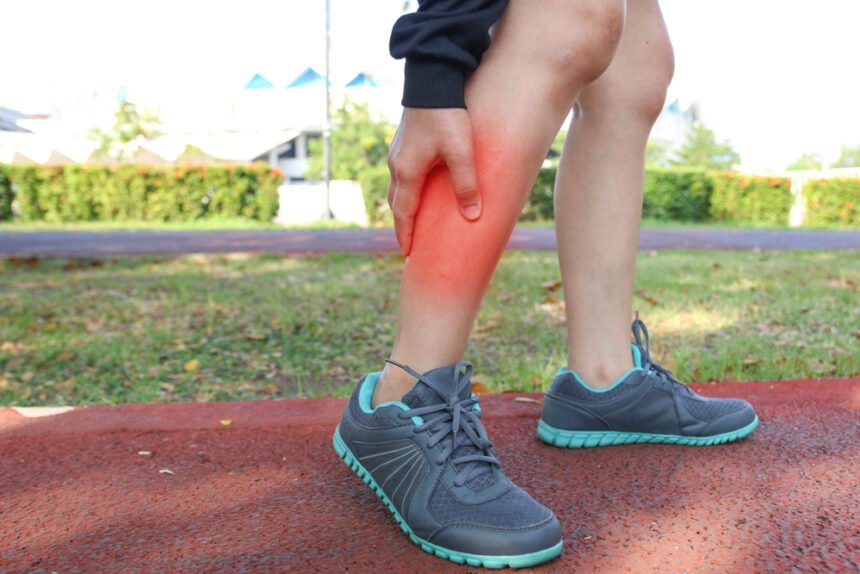Bone loss is a serious problem with aging adults. Most of the research on bone loss is geared towards women, because they are usually the victims of osteoporosis. However, bone loss is not uncommon among men as well. Peter Snyder, a noted endocrinologist and researcher with the University of Pennsylvania has discussed some of the problems that lead to bone loss among men. He states that declining testosterone levels are one of the biggest causes. Citing a study published in 2017, Snyder says testosterone therapies can help offset bone loss risks.
What are the insights on this new study on testosterone levels and the impact of testosterone therapy on bone loss?
The recent study was conducted by TTrials. The researchers evaluated over 51,000 men and selected nearly 800 participants from the sample. The participants were selected based on their testosterone levels. In order to be part of the study, participants needed to have testosterone levels below a certain threshold and the reason needed to be clearly due to age. The researchers divided the participants up into two separate groups. The first group was given a daily testosterone gel pill. There was also a control group that was given a placebo. Both groups were given the pill or placebo every day for three consecutive months. At the beginning of the study, the researchers used a technology known as tomography with quantitative computational analysis to analyze the bone density of the spine and hip. The same analysis was performed a year after the study began. A few other health factors were also studied, including cognition and artery plaque levels. Computed tomography was used to measure these levels as well. The research was encouraging. Although it highlighted a couple of risk factors associated with testosterone therapy, it also showed a number of benefits. The benefits were most impressive when it came to measuring increase bone density. Researchers speculate that this will be an important therapy for preventing asked your process in the years ahead. There might be some ways that the risks of these therapies can be mitigated, while still ensuring men receive the benefits of testosterone therapies. These include starting a diet that is rich in foods that are known to help increase testosterone production. There are a number of foods that are helpful for people that need to increase their hormone levels.
Why this research is important for aging men in the 21st-century?
Health experts admit that they haven?t spent enough time addressing the risks of bone loss among aging men. This is a mistake, because one in five people suffering from bone loss is a man. The severity of osteoporosis among men it is becoming more concerning than it used to be. One of the biggest reasons is that the life expectancy of both men and women is increasing. Since people are living longer than ever these days, there is more time for osteoporosis to progress. This means that delaying the onset or progression of the disease is essential to prevent serious bone damage in the future. Consider a man that starts exhibiting the signs of osteoporosis at 40. By the time that he is 80 years old, he will be at serious risk of bone fractures and other health problems. If the same man was able to delay contracting osteoporosis until he was 60, the disease would probably be much more mild in his final years. The consequences of osteoporosis cannot be ignored. It is encouraging that many endocrinologists and other health researchers are finally starting to explore the relationship between various risk factors and bone disease.

